Tesla Autopilot Crash Verdict: A Landmark Ruling
In a landmark Tesla Autopilot crash verdict, a Florida jury has found the electric carmaker partly responsible for a fatal 2019 accident involving its driver assistance system. The crash claimed the life of 22-year-old Naibel Benavides Leon and left her boyfriend, Dillon Angulo, with permanent injuries—dealing a serious blow to Tesla’s self-driving ambitions.
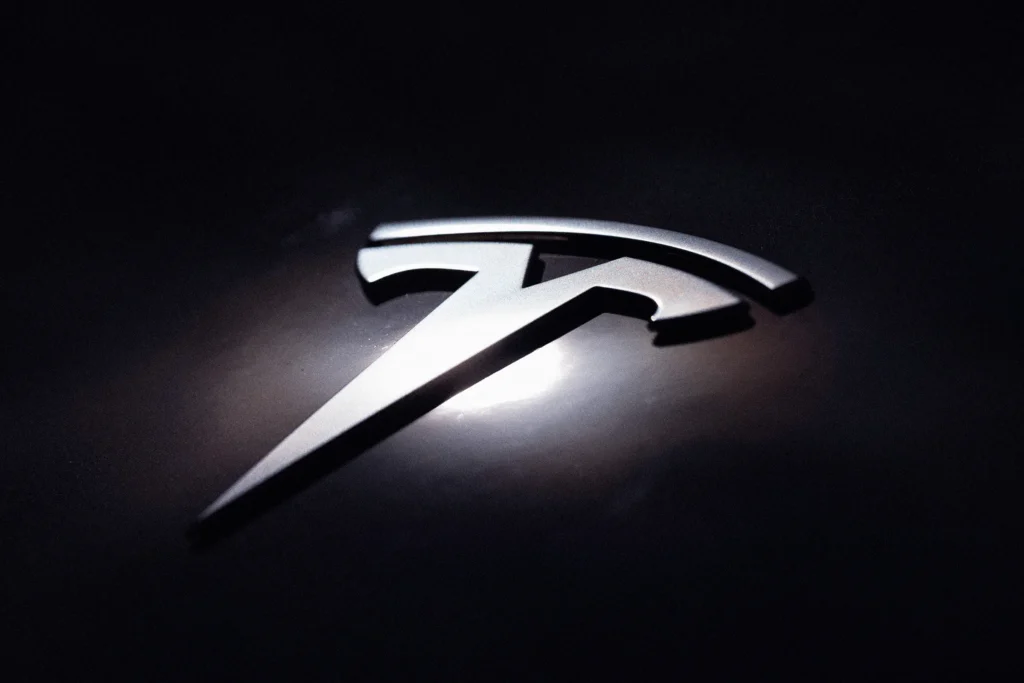
The verdict orders Tesla to pay $243 million in damages, marking the first time a jury has blamed Autopilot for a fatal crash.
Fatal Tesla Crash in Florida Keys Sparks Controversy
The tragic event unfolded at a T-intersection in the Florida Keys in 2019. George McGee was driving a Tesla Model S when he dropped his phone and lost sight of the road. As he neared the intersection, neither he nor Autopilot braked, causing a crash that killed Leon and badly injured Angulo.
Plaintiffs argued that the Autopilot system should have intervened by braking or warning the driver. Tesla, however, insisted the responsibility rested solely with McGee, who was distracted and speeding.
Jury Awards $243M in Tesla Autopilot Crash Case
After a three-week trial, the jury awarded $329 million in total damages:
- $129 million in compensatory damages
- $200 million in punitive damages
Tesla was ordered to pay one-third of the compensatory amount—around $42.5 million—and the entire punitive damages sum. However, legal experts anticipate that the punitive figure may be capped upon appeal.
Autopilot’s Role in Tesla Crash Verdict Under Scrutiny
The Tesla Autopilot crash verdict raises serious questions about the company’s marketing and design choices. The plaintiffs argued that Autopilot was meant for controlled-access highways. Despite this, Tesla allowed drivers to use it freely on surface roads without restrictions.
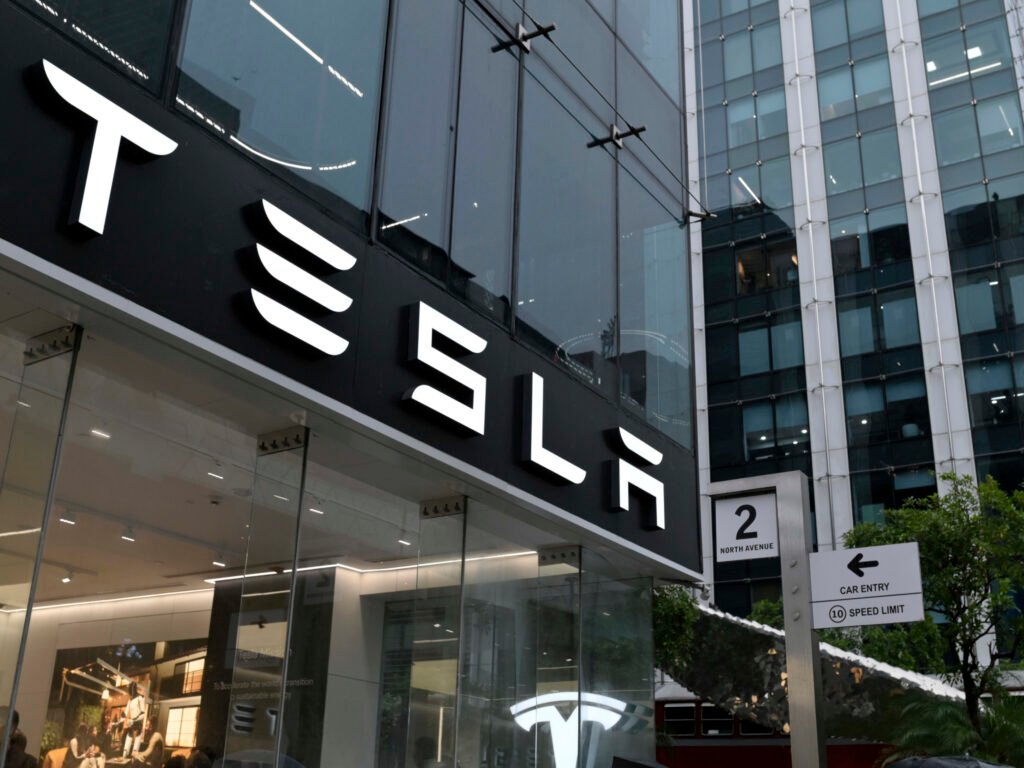
The plaintiffs claimed Tesla turned public roads into unregulated test sites. They argued the company’s marketing misled consumers into overestimating Autopilot’s abilities.
Tesla’s Defense: Blame the Driver
Tesla defended itself by saying the driver was in full control, with his foot on the accelerator overriding Autopilot. The company claimed no vehicle—then or now—could have avoided the crash under those conditions. In an official statement, Tesla criticized the ruling:
“This verdict is not only wrong but threatens to hinder progress in automotive safety and innovation.”
The company maintained that Mr. McGee admitted fault and had already reached a private settlement with the plaintiffs.
A Turning Point for Self-Driving Tech Accountability
Although Tesla has faced lawsuits related to other fatal crashes, this was the first case to go before a jury. Previous incidents, such as the death of an Apple engineer in a 2018 crash, ended in out-of-court settlements.
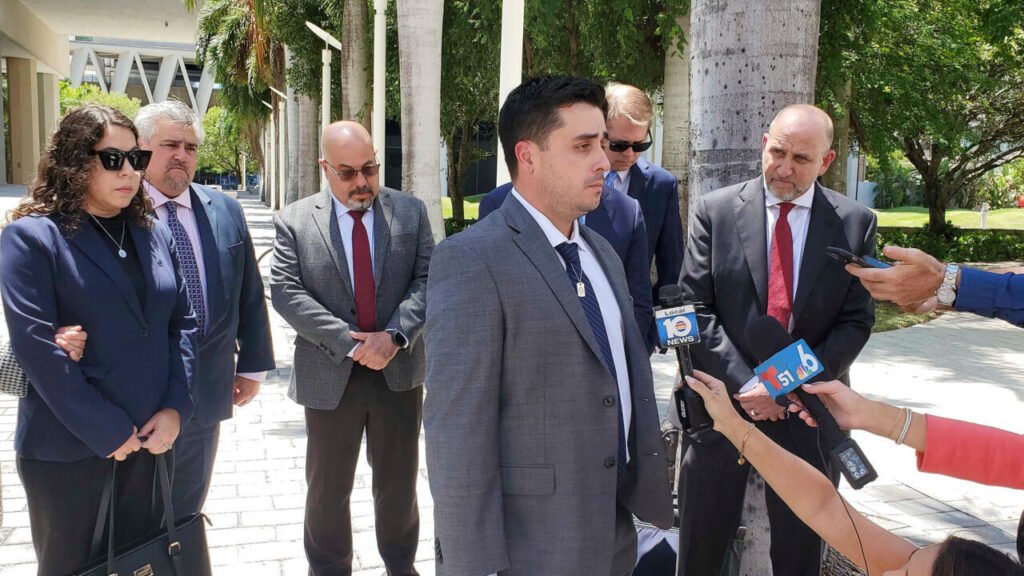
Legal analysts and automotive safety advocates are now calling the ruling a “watershed moment” in the broader conversation around autonomous and semi-autonomous vehicle regulation. Missy Cummings, a robotics expert, remarked that this case sends a clear message about corporate responsibility in emerging tech.
Market and Industry Reactions
News of the Tesla Autopilot crash verdict had immediate effects on the stock market, with Tesla shares falling nearly 2% after the announcement. The ruling adds pressure to a company already battling declining vehicle sales and growing criticism of CEO Elon Musk’s public conduct and controversial statements.
A Wake-Up Call for the Industry
The Tesla Autopilot crash verdict may mark the beginning of heightened legal scrutiny for companies deploying partially autonomous technologies. While Tesla remains a leader in the electric vehicle space, this ruling exposes cracks in its public trust and technical safety claims.
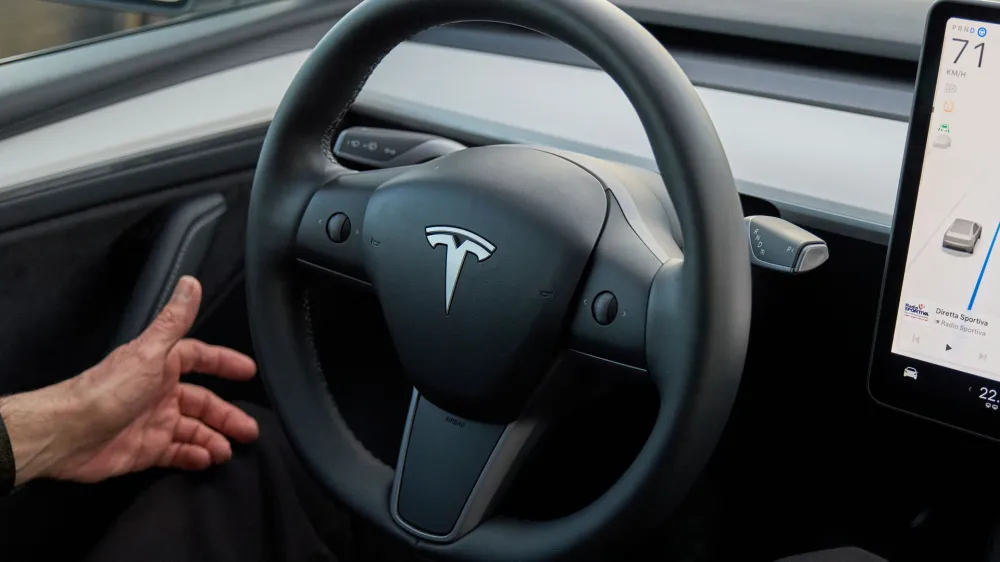
As regulators, courts, and consumers increasingly question the real-world readiness of self-driving systems, automakers may be forced to rethink the balance between innovation and accountability.
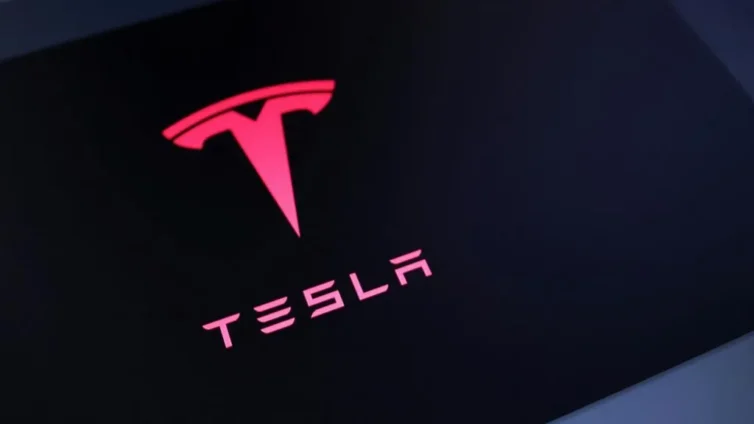




Your writing has a way of resonating with me on a deep level. I appreciate the honesty and authenticity you bring to every post. Thank you for sharing your journey with us.